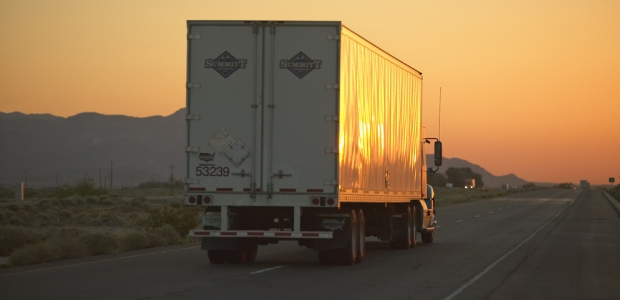
Trucking Groups Ask for Sleeper Berth Pilot Project
The American Trucking Associations and the Minnesota Trucking Association submitted a joint petition to the Federal Motor Carrier Safety Administration to conduct it.
The American Trucking Associations and the Minnesota Trucking Association recently submitted a joint petition asking the Federal Motor Carrier Safety Administration to conduct a two-year pilot program to study the safety benefits and impacts of giving truck drivers more flexibility in their use of sleeper berth breaks.
"The trucking industry wants FMCSA to take its positive, laboratory-based findings on the value of split sleep and try to repeat them in a real-world field study," ATA President and CEO Bill Graves said Dec. 16. "Doing a pilot test using professional drivers in actual trucking operations could give the Federal Motor Carrier Safety Administration even more scientific data on which to base future improvements to the sleeper berth rules."
The two groups say although the federal hours of service rules for truckers require that they take 10 consecutive hours off after their 14-hour on-duty period, current sleep research supports shorter, more frequent rest periods. "In the case of many truck drivers, particularly those working in teams, allowing them to break up their 10-hour off-duty period into two shorter periods would be beneficial," said John Hausladen, president of the Minnesota Trucking Association.
Their proposal says the program also would evaluate the latest on-board truck technology for managing drivers' alertness, driving behaviors, and compliance with safety rules and regulations.
No drivers with diagnosed sleep disorders would be admitted into the program, and the 200 participating drivers would receive special training on fatigue, alertness, and sleep, according to the proposal submitted by Hausladen and David J. Osiecki, ATA's senior vice president. Forty drivers would be placed in each of two control groups (20 solo drivers and 20 team drivers), and the remaining 160 drivers (80 solo and 80 team) would have to be exempted from the current hours of service regulations during the study period, it says.
(The photo used in this article is a spirit of america/Shutterstock.com photograph.)